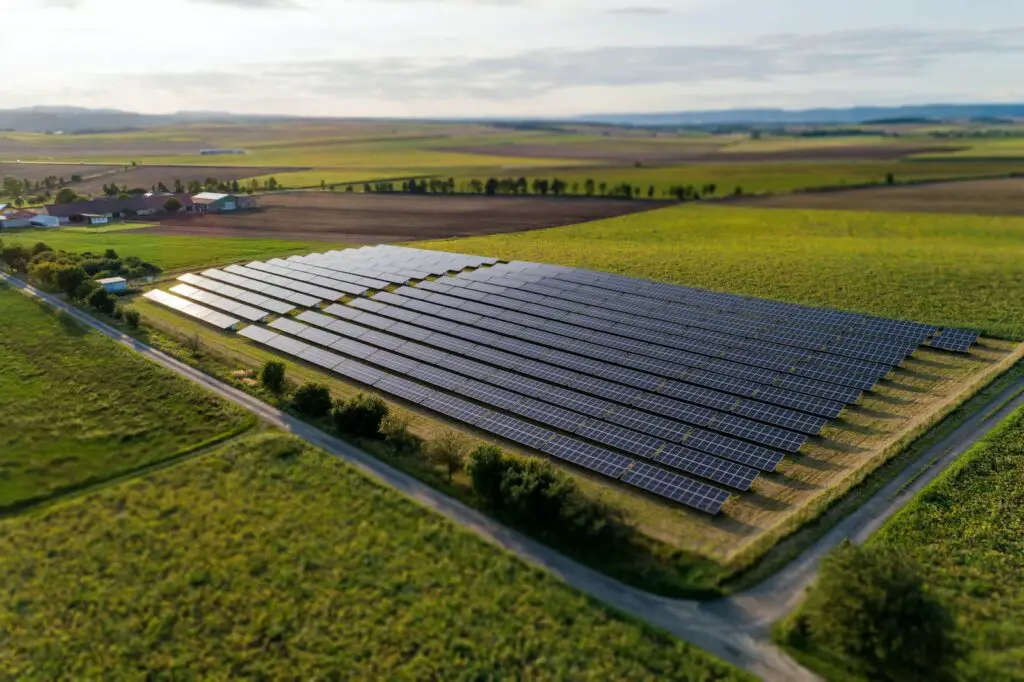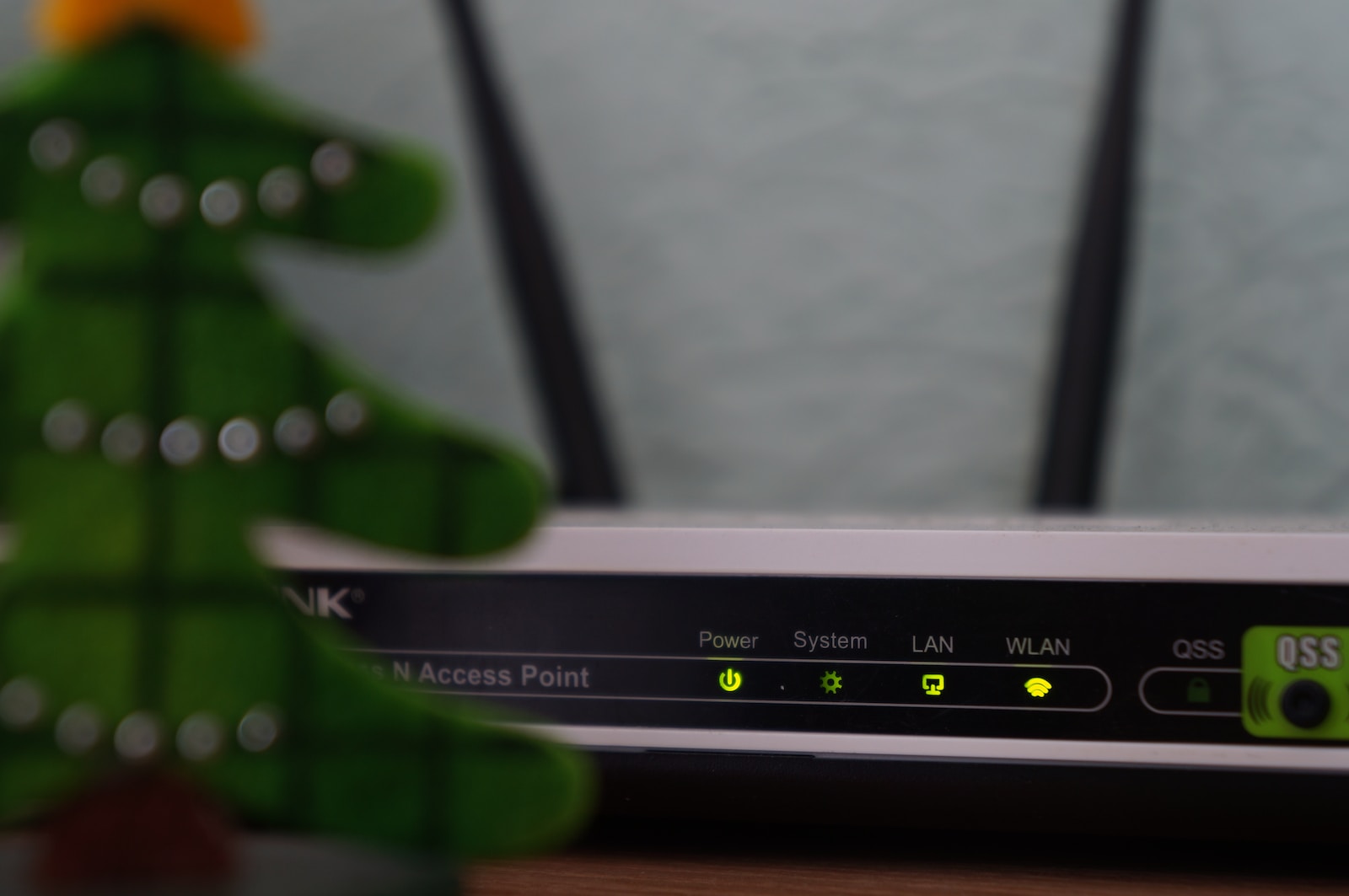Can solar panels affect WiFi connection?
If you rely on WiFi for work, entertainment, or other purposes, you might wonder if solar panels can cause interference.
The answer is no; solar panels do not interfere with WiFi signals.
There have been reports of signal interference after the solar panel installation.
If that’s the case, people could begin to suspect that the solar panels on their roofs are to blame for the poor signal strength of their WiFi.
In most cases, having solar panels on their roof will prevent them from receiving a clear signal.
While the solar panels themselves aren’t at blame, electromagnetic interference or direct physical disturbance certainly plays a role.
If you want to learn more about how solar panels can affect the reception in your home and what you can do to fix the problem, keep reading.
What Are Solar Panels?
You may be confused about what precisely a solar panel is.
Panels made of solar cells are used to transform sunlight into usable power.
These panels which may also be referred to as photovoltaic (PV) panels are integral to many different types of renewable energy setups.
One solar cell is a part of a solar panel, which is made up of several cells.
Silicon, a material that exhibits semiconducting properties, is layered to form these cells, which are then used to make the device.
The silicon cells in the panel generate an electric current when exposed to sunlight because they absorb the sun’s rays.
View this post on Instagram
Powering houses, companies, and other structures, energy is produced from this current.
Solar panels are a cost-effective method of power generation that is also beneficial to the environment because they do not produce any pollutants or solid wastes.
They are easy to install and keep operational and provide reliable power to houses and businesses that are not connected to the public power grid.
The installation of solar panels to draw power from the sun is becoming an increasingly common practice and an essential component of the renewable energy industry.
Can Solar Panels Affect Your WiFi?
Can you live in this place for 100million naira without Wifi, Internet ,no phone for 15 days? pic.twitter.com/E4HYuppmi5
— B.O.D (@bod_republic) May 25, 2023
Installing solar panels has been questioned due to potential interference with wireless networks.
Some people may be curious whether solar panels, which are suitable for the environment and efficient at generating power, reduce the strength of WiFi signals.
In this context, it is necessary to delve into the possible effects of solar panels on WiFi.
Because of several factors, solar panels do not pose a threat to the reliability of a WiFi connection.
To begin with, solar panels are designed to collect only sunlight and not any other types of signals.
Silicon is utilized in solar cells due to its ability to be layered, its efficiency in converting useful energy, and its low interference with other signals.
Additionally, the signals that are utilized by WiFi routers are far more powerful than any possible interference that solar panels may cause.
The radio frequencies used mainly by WiFi routers are generally in the 2.4 GHz or 5 GHz range, which is far higher than the frequencies utilized by solar panels.
Consequently, the signal that comes from a WiFi router will be far more substantial than any interference from solar panels.
In addition, the signal’s intensity may also be affected by the distance between a WiFi router and the devices that are linked to it.
Typically, the signal strength will be greater for a physically located device closer to the router.
As a result, the devices connected to the WiFi network should still get a strong signal despite solar panels in the vicinity, provided that the devices are located close to the router.
Solar panels could have an insignificant impact on the intensity of a WiFi signal, but it is very improbable that this impact will be substantial.
Solar panels are made to soak up sunlight; they are not intended to cause interference with other forms of transmission.
Furthermore, the signal from a WiFi router is often far more vital than any possible interference caused by solar panels.
Therefore, you do not need to be concerned about solar panels interfering with your WiFi connection if you have them placed in your house or place of business.
Electromagnetic Interference or Direct Physical Disturbance
Solar panels do not generate electromagnetic radiation; nonetheless, if they physically block the signals from an antenna, they may cause WiFi to malfunction.
The origin of direct physical interference may be understood relatively straightforwardly.
There is anything in your path that is preventing you from communicating with the cell tower.
Therefore, solar panels may be a physical impediment if they are in the way of your device receiving a WiFi signal if they are in that location.
View this post on Instagram
This prevents the signal from being sent from one location to another.
Other impediments, like mirrors, concrete, stainless steel, and so on, may also cause some sort of physical interference in wifi connection.
Another form of interference caused by solar panels is electromagnetic interference, abbreviated EMI for short.
However, the inverter generates electromagnetic radiation even though the solar panels do not.
As a consequence of this, the process of converting currents into a form that is appropriate for your home appliances may lead to the production of broadband sounds that might disrupt the signal in your house.
The inverter is a system component that changes the direct current (DC) drawn from panels into the alternating current (AC) required by home electronics.
The inverter and the cables that transport the AC both have the potential to create EMI, which can disrupt the functioning of electronic equipment.
The electromagnetic interference (EMI) produced by the inverter and the cables may disrupt the reception.
Nevertheless, insulating the inverter and the cables during the installation process often eliminates this possibility of interference, which is why this kind of interference is so uncommon.
The inverter for your solar panel is frequently the primary source of signal disruption.
An inverter’s changing DC signals to AC signals could result in wideband noise that disrupts wireless transmissions.
Conclusion
To reduce the amount of interference, WiFi routers must be placed away from the solar panels.
Additionally, installing ferrite core chokes, using directional antennas, and adjusting the antenna orientation can help reduce the amount of interference caused by the solar panels.

